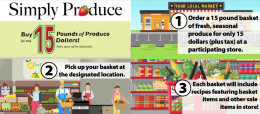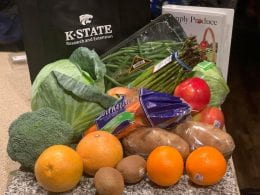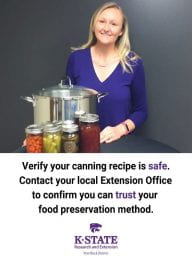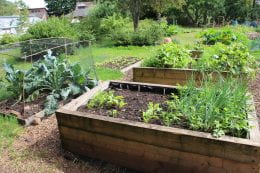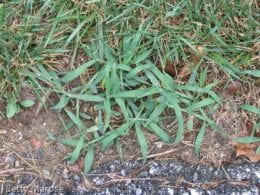 Crabgrass preventers are another name for preemergence herbicides that prevent crabgrass seeds from developing into mature plants. Many people have a somewhat foggy idea of how they work and assume they kill the weed seed. Such is not the case. They do not kill the seed or even keep the seed from germinating but rather kill the young plant after it germinates. Therefore, they do not prevent germination but prevent emergence.
Crabgrass preventers are another name for preemergence herbicides that prevent crabgrass seeds from developing into mature plants. Many people have a somewhat foggy idea of how they work and assume they kill the weed seed. Such is not the case. They do not kill the seed or even keep the seed from germinating but rather kill the young plant after it germinates. Therefore, they do not prevent germination but prevent emergence.
Crabgrass preventers are just that – preventers. With few exceptions they have no effect on existing crabgrass plants, so they must be applied before germination. Additionally, preventers do not last forever once applied to the soil. Microorganisms and natural processes begin to gradually break them down soon after they are applied. If some products are applied too early, they may have lost much of their strength by the time they are needed. Most crabgrass preventers are fairly ineffective after about 60 days, but there is considerable variation among products.
For most of Kansas, crabgrass typically begins to germinate around May 1 or a little later. April 15 is normally a good target date for applying preventer because it gives active ingredients time to evenly disperse in the soil before crabgrass germination starts. Even better, base timing on the bloom of ornamental plants. The Eastern Redbud tree is a good choice for this purpose. When the trees in your area approach full bloom, apply crabgrass preventer. A follow-up application will be needed about 8 weeks later unless you are using Dimension or Barricade. Products that do require a follow-up application include pendimethalin (Scotts Halts) and Team (Hi-Yield Crabgrass Control).
We recommend crabgrass preventers be applied before fertilizer so that the grass isn’t encouraged to put on too much growth too early. However, it may be difficult to find products that contain preemergents without fertilizer. Those that don’t contain fertilizer are listed below.
Barricade – Howard Johnson Crabgrass Control Plus with 0.37 Prodiamine 00-00-07
Pendimethalin – Scotts Halts
Team (Benefin + Trifluralin) – Hi-Yield Crabgrass Control
Dimension – Hi-Yield Turf & Ornamental Weed and Grass Stopper
By: Cassie Homan


